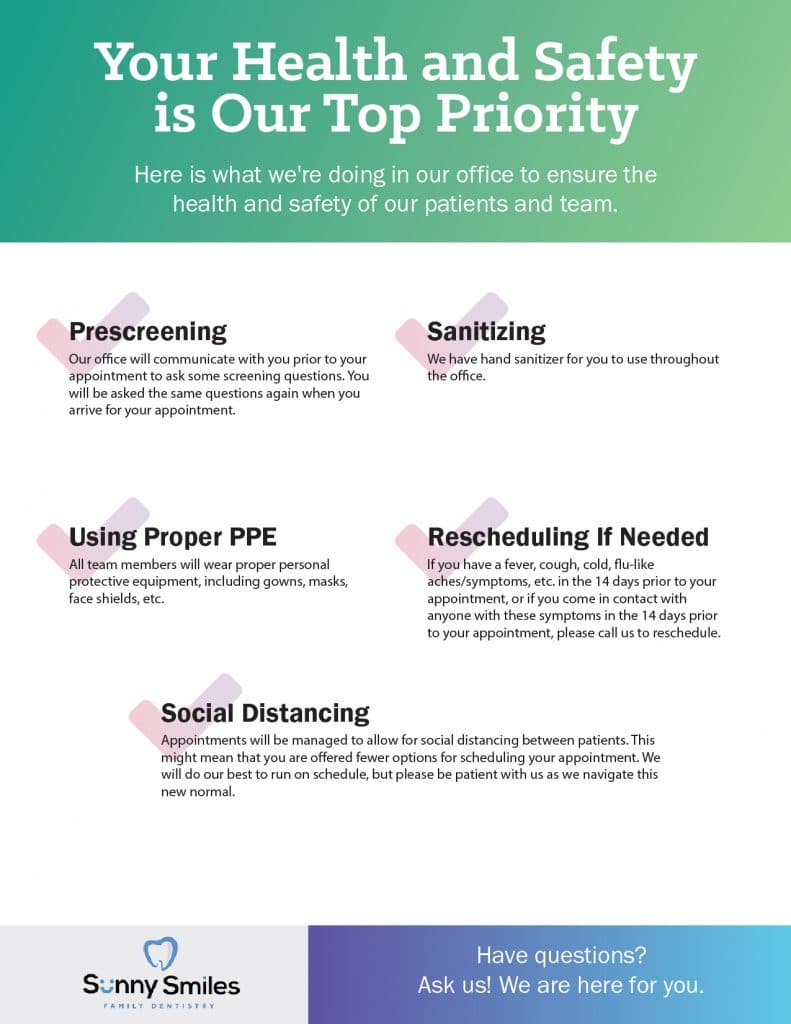 Despite modern dentistry’s best efforts, tooth loss still remains a significant concern for millions of people. The prospect of losing one or more teeth can seem less stressful if you know what to do afterward to rebuild your smile. However, many patients don’t know their options, or the fact that dental implants may be their best one. Today, we answer some of your more common questions about dental implants and how they do more than any other dental prosthetic for the long-term health and integrity of your smile.
Despite modern dentistry’s best efforts, tooth loss still remains a significant concern for millions of people. The prospect of losing one or more teeth can seem less stressful if you know what to do afterward to rebuild your smile. However, many patients don’t know their options, or the fact that dental implants may be their best one. Today, we answer some of your more common questions about dental implants and how they do more than any other dental prosthetic for the long-term health and integrity of your smile.
Why is replacing a tooth root important?
Conventional dental bridges, partial dentures, and full dentures are designed to replace the visible portions of your teeth (called crowns) with highly lifelike replicas. Yet only dental implants are able to replace your lost teeth roots, which not only supported your teeth but also kept your jawbone strong through stimulation. Losing a root means losing some of this stimulation, and consequently, a portion of the nutrients that go to your jawbone. Replacing the lost root with a dental implant is the only way to restore this stimulation and prevent resulting jawbone resorption.
Do implants really mimic natural teeth roots?
Dental implants are small, root-like posts that are made from biocompatible titanium. After an implant post is placed in your jawbone, the bone will fuse to the implant as it heals, making the post a permanent part of your oral anatomy. Like a natural tooth root, the implant will support your replacement crown, bridge, or denture with improved stability and comfort, giving you the most lifelike option for rebuilding your smile after tooth loss.
What are the immediate benefits of dental implants?
Jawbone preservation is one of the most profound benefits of dental implants, but it’s only one of many advantages that the prosthetic roots offer. By securing your crown, bridge, or denture on one or more implants, you’ll immediately feel the difference of not requiring supportive clasps or adhesive, or worrying about your prosthesis losing its grip and slipping. The improved comfort and security means greater confidence in your new smile, which is an immeasurable benefit that you can enjoy for the rest of your life.




